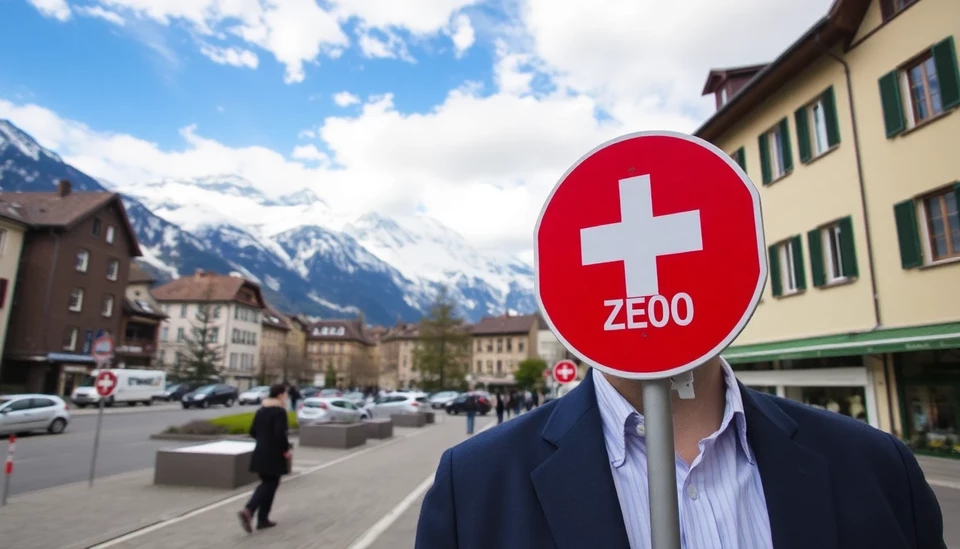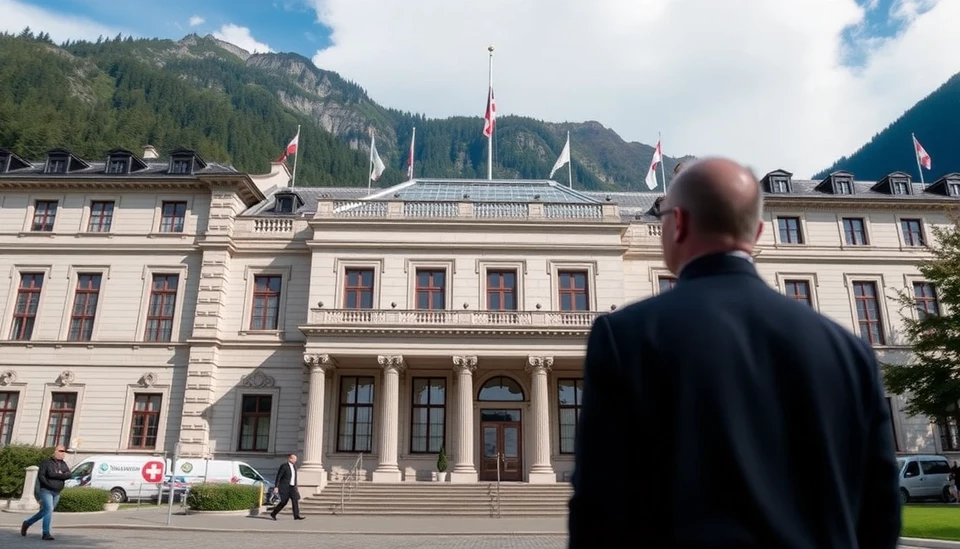
In a recent development that could have significant implications for the Swiss economy, inflation rates in Switzerland may experience a dip below zero during certain months, according to remarks made by Swiss National Bank (SNB) Vice Chairman Thomas Schlegel. Schlegel's insight comes amidst fluctuating economic conditions that have left many analysts on edge regarding future monetary policies.
During a press conference, Schlegel emphasized that while current inflation rates are stable, the potential for negative inflation—commonly referred to as deflation—remains a concern as the economy shifts. This announcement is noteworthy, especially considering Switzerland's historical stance as a safe haven for investors.
August saw the Swiss inflation rate at a moderate level of 1.1%, which is less than half of the European average. However, the central bank has been monitoring economic indicators closely, with rising concerns over the impact of global events on local consumer prices. Factors such as geopolitical tensions, supply chain disruptions, and currency fluctuations have raised questions regarding the sustainability of inflation at current levels.
Schlegel pointed out that if economic growth fails to maintain momentum or if external pressures continue, the country could see month-to-month fluctuations in inflation rates leading to periods of deflation. This situation would not only affect consumers' purchasing power but could also pressure the SNB to rethink its interest rate strategies. Currently, the SNB has engaged in a cautious tightening policy in a bid to combat inflation, avoiding aggressive rate hikes commonly seen in other regions.
Concerns continue to mount regarding consumer behavior, as apprehensive spending patterns may lead to reduced demand for goods and services. If this trend persists, it could further contribute to lowering inflationary pressures in the coming months. Schlegel emphasized the need for vigilant observation of economic trends and swift responses to any impending shifts.
Furthermore, the diverging trends witnessed in Europe, particularly with the European Central Bank's approach to tapering its stimulus measures, might lead to varying inflation realities for Switzerland. The SNB remains committed to a stable economic environment, and Schlegel assured that they will be taking proactive measures to mitigate the risks associated with a downturn in inflation.
As Switzerland navigates this complex economic landscape, keeping a keen eye on global dynamics and internal economic indicators will be crucial. The Swiss government and financial institutions will likely work collaboratively to ensure that they can sustain economic stability amidst the potential challenges ahead.
Experts and policymakers alike will need to prepare for various scenarios, including those where negative inflation may indeed take hold. The path that Switzerland takes in the coming months will be closely watched by economists and investors around the globe.
With recent comments from influential figures like Schlegel, it is increasingly evident that the economic landscape of Switzerland remains uncertain, making vigilance and adaptability paramount for maintaining stability.
#SwissEconomy #Inflation #Deflation #SNB #Schlegel #EconomicStability #Switzerland #InterestRates #ConsumerBehavior
Author: Daniel Foster




